Budapest is reshaping urban spaces through the adaption and scaling of the Healthy Streets methodology, creating safer, healthier, and climate-resilient public spaces.
The UP2030 Budapest pilot introduces the Healthy Streets Knowledge Centre, a collaborative hub that embeds climate-conscious, people-focused planning into urban development.
By adapting and scaling the Healthy Streets methodology, the city aims to create healthier, greener, and more inclusive public spaces that contribute to long-term urban resilience.
The Knowledge Centre now serves as a citywide platform promoting consistent, sustainable urban design practices. Its development is closely tied to the city’s vision of liveability, resilience, and equitable access to quality public space.
Budapest’s Integrated Development Strategy and Climate Action Plan underpin this effort.
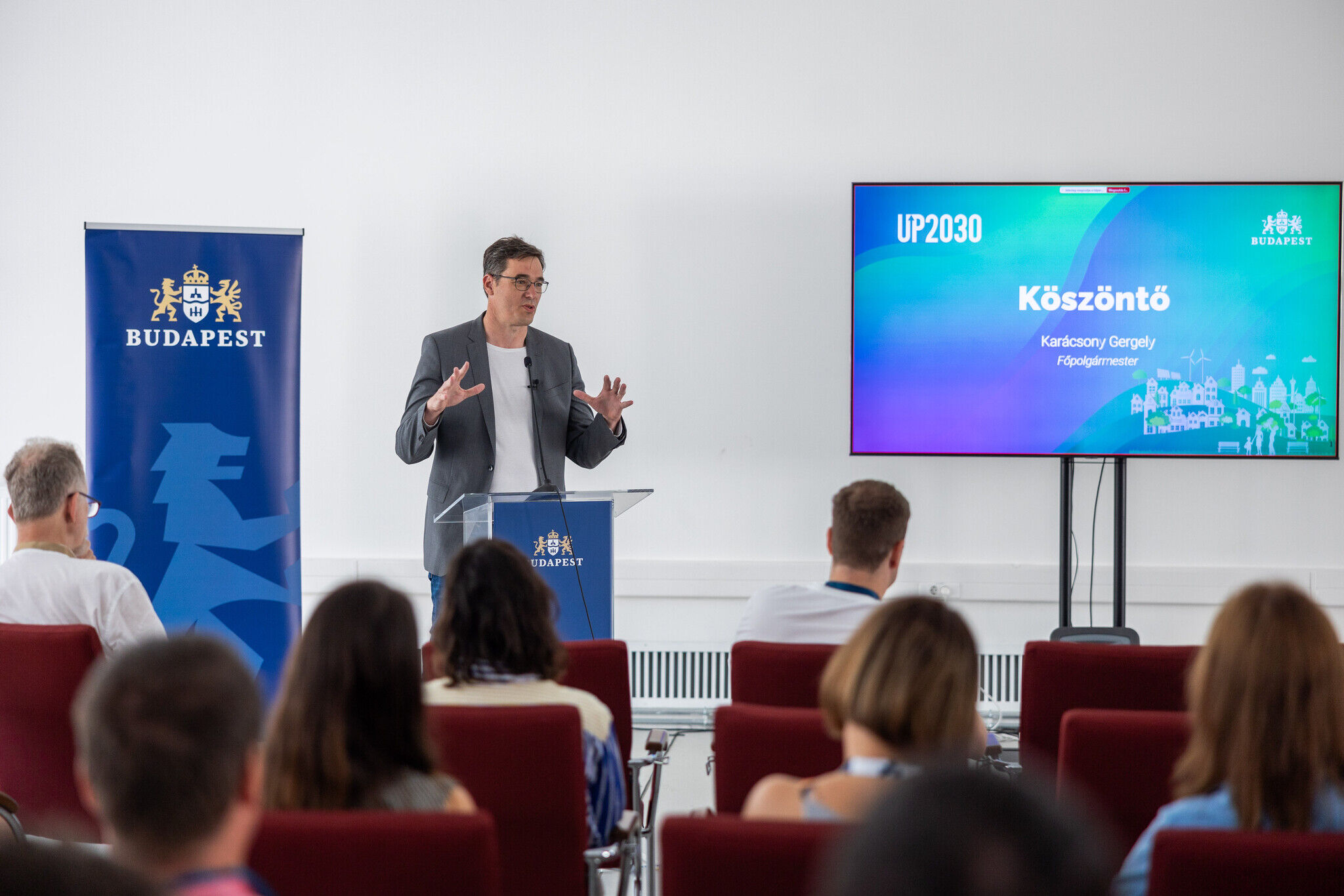
Urban planners, local communities, district officials, designers, and other relevant stakeholders, such as local businesses.
Impact and Long Term Vision
The Healthy Streets Knowledge Centre offers a scalable and transferable model for cities across Europe. It strengthens the link between policy, practice, and public engagement in sustainable urban planning. The platform ensures open access to methodologies, case studies, participatory tools, and training materials, all in Hungarian (with a few exceptions), tailored for local implementation.
- Municipality of Budapest
- Budapesti Közlekedési Központ (BKK)
- Budapest Főváros Városépítési Tervező (BFVT)
- Global Green Growth Institute (GGGI)
- Mapping for Change (MfC)
- Design Clips (DC)
- Institute for Urban Excellence
- Vrije Universiteit Brussel (VUB)
- Centre for Research & Technology Hellas (CERTH)
- adelphi
- Delft University of Technology (TUDelft)
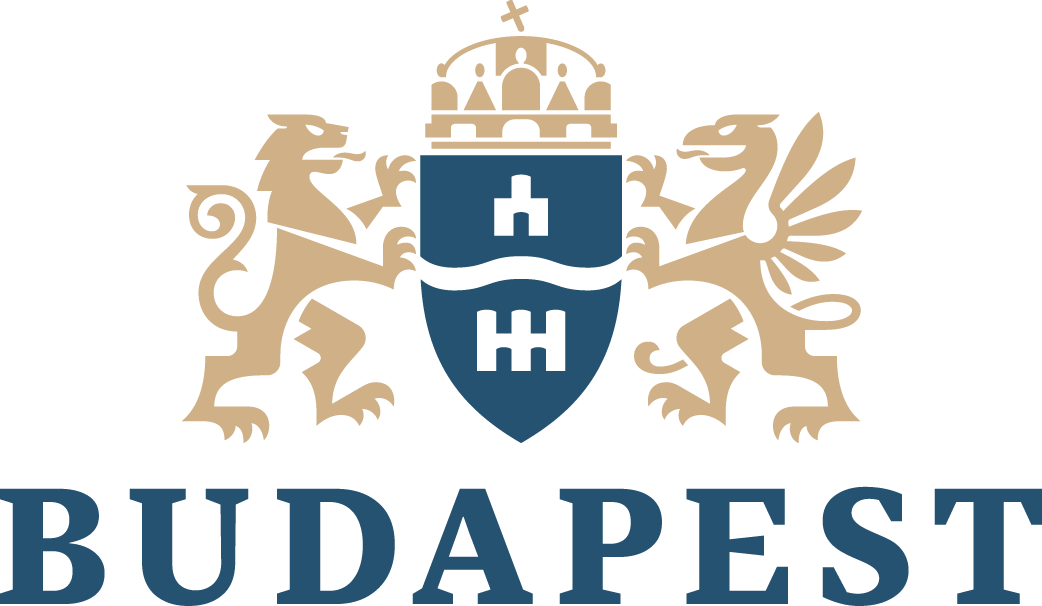
Leading development and implementation.

Leading development and implementation.

Leading development and implementation.
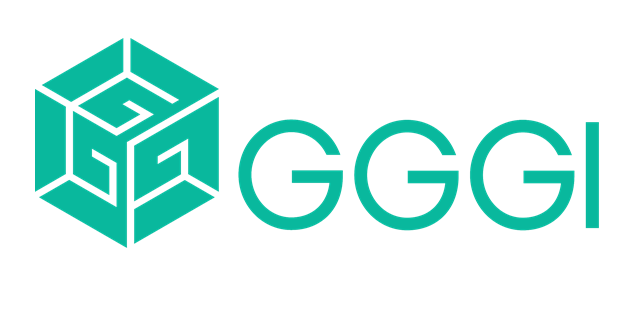
Coordination and advisory support.

Delivered Community Maps for citizen feedback on green spaces.

Developing youth engagement materials for schools.

Providing storytelling tools for community-led planning.

Creating Neutrality Story Maps to visually communicate climate challenges and solutions.

Creating Neutrality Story Maps to visually communicate climate challenges and solutions.
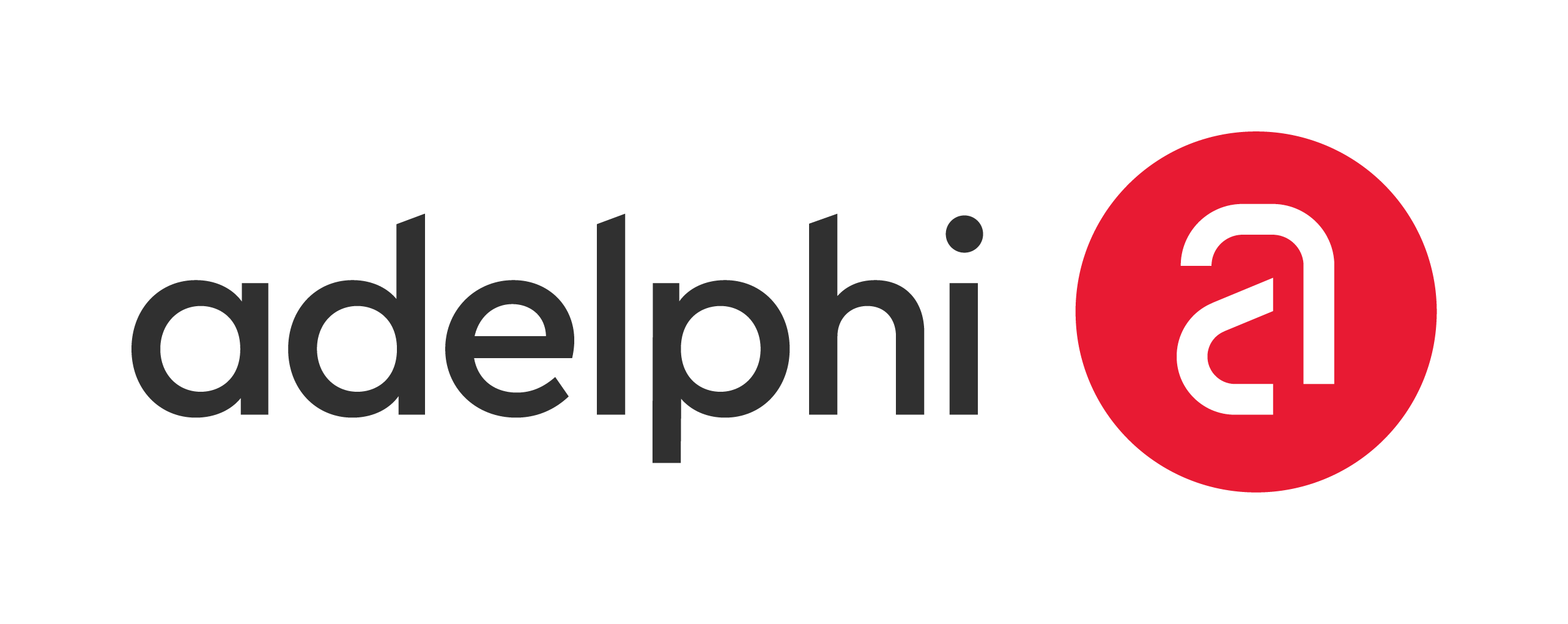
Supporting governance and justice components.
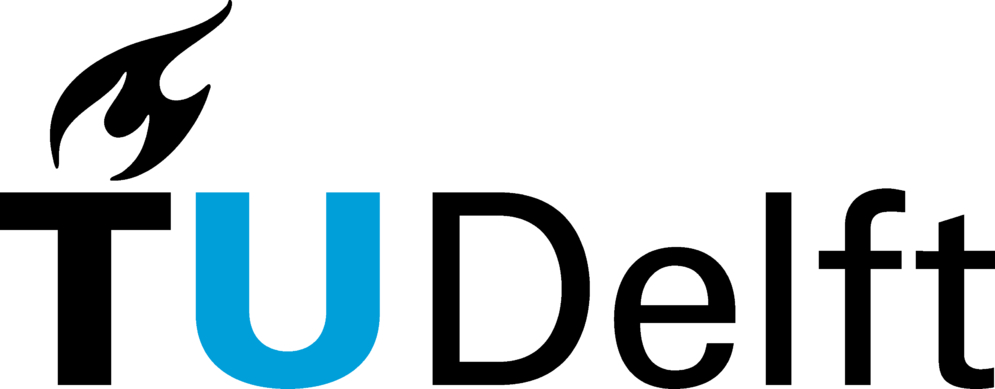
Supporting governance and justice components.


